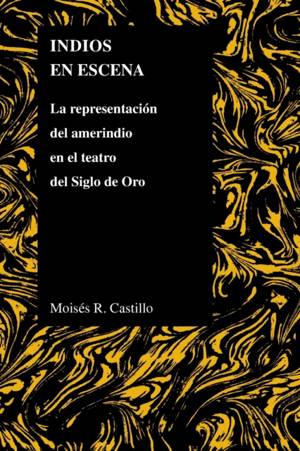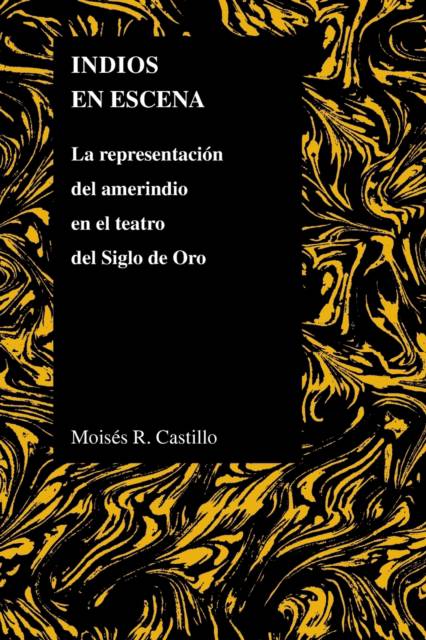
Je cadeautjes zeker op tijd in huis hebben voor de feestdagen? Kom langs in onze winkels en vind het perfecte geschenk!
- Afhalen na 1 uur in een winkel met voorraad
- Gratis thuislevering in België vanaf € 30
- Ruim aanbod met 7 miljoen producten
Je cadeautjes zeker op tijd in huis hebben voor de feestdagen? Kom langs in onze winkels en vind het perfecte geschenk!
- Afhalen na 1 uur in een winkel met voorraad
- Gratis thuislevering in België vanaf € 30
- Ruim aanbod met 7 miljoen producten
Zoeken
€ 74,95
+ 149 punten
Omschrijving
Indios en Escena engages both the Baroque and Colonial fields of Hispanism in order to reevaluate fourteen major plays of Spanish Golden Age literature from a social-historical perspective. Castillo argues that these plays portray Amerindians not in their otherness but as subjects of an empire. It is the author's contention that these dramas reveal the vast contradictions between the two leading ideological trends of the age as performed on the stage: the discourse of honor and the juridical-theological code, both of which attempt to assimilate the Amerindian phenomenon under the auspices of church and state. These works consistently raise the paradoxical question of how a person can be a savage and have honor at the same time. Castillo claims that this theater propagates the concept of the Amerindian both as honorable subject, a theatrical archetype, and idolatrous barbarian, a model of representation that belongs to the mindset of religious crusades and evangelical enterprises.
Specificaties
Betrokkenen
- Auteur(s):
- Uitgeverij:
Inhoud
- Aantal bladzijden:
- 365
- Taal:
- Spaans
- Reeks:
- Reeksnummer:
- nr. 48
Eigenschappen
- Productcode (EAN):
- 9781557535399
- Verschijningsdatum:
- 8/08/2009
- Uitvoering:
- Paperback
- Formaat:
- Trade paperback (VS)
- Afmetingen:
- 152 mm x 226 mm
- Gewicht:
- 612 g

Alleen bij Standaard Boekhandel
+ 149 punten op je klantenkaart van Standaard Boekhandel
Beoordelingen
We publiceren alleen reviews die voldoen aan de voorwaarden voor reviews. Bekijk onze voorwaarden voor reviews.









